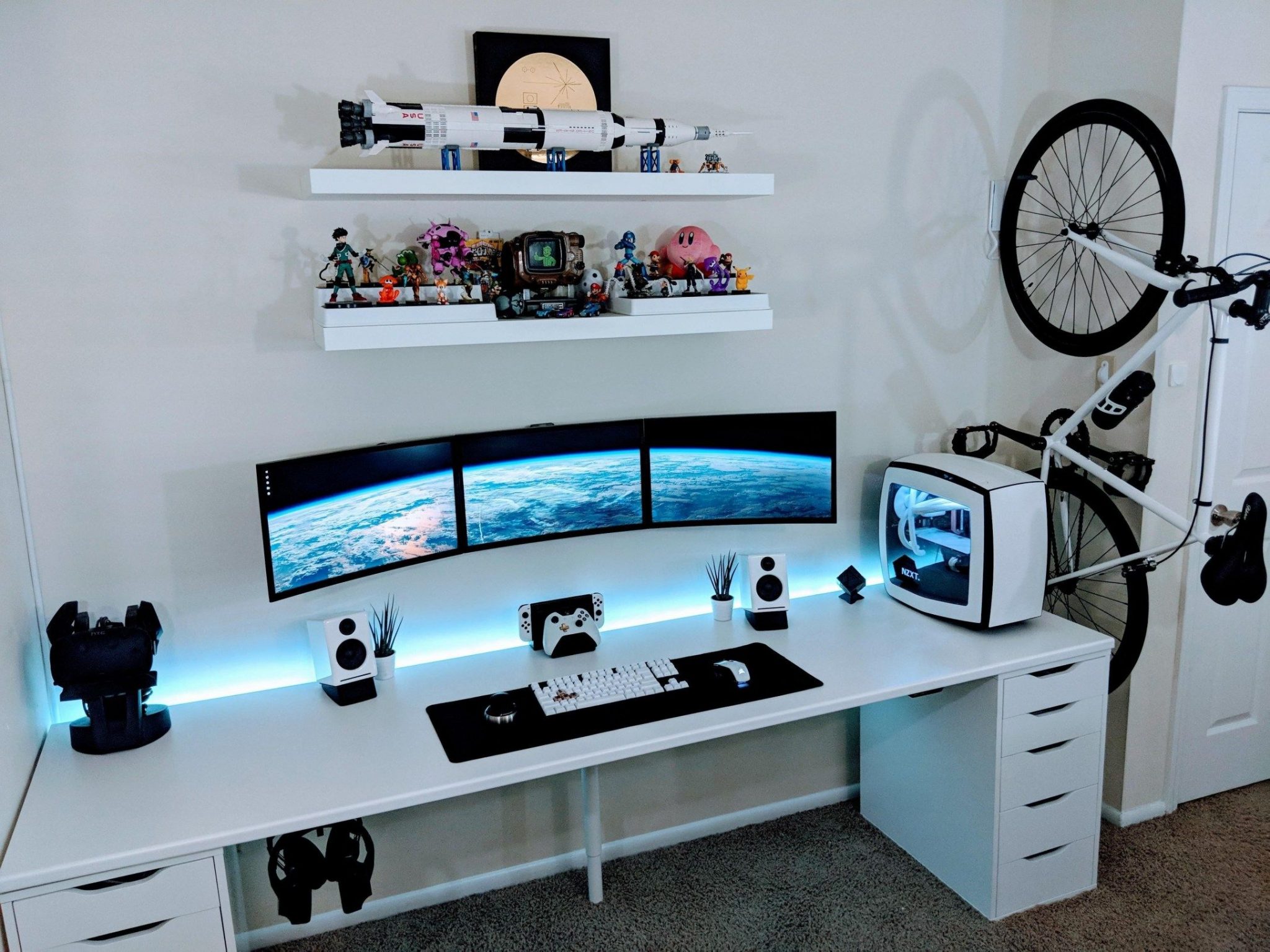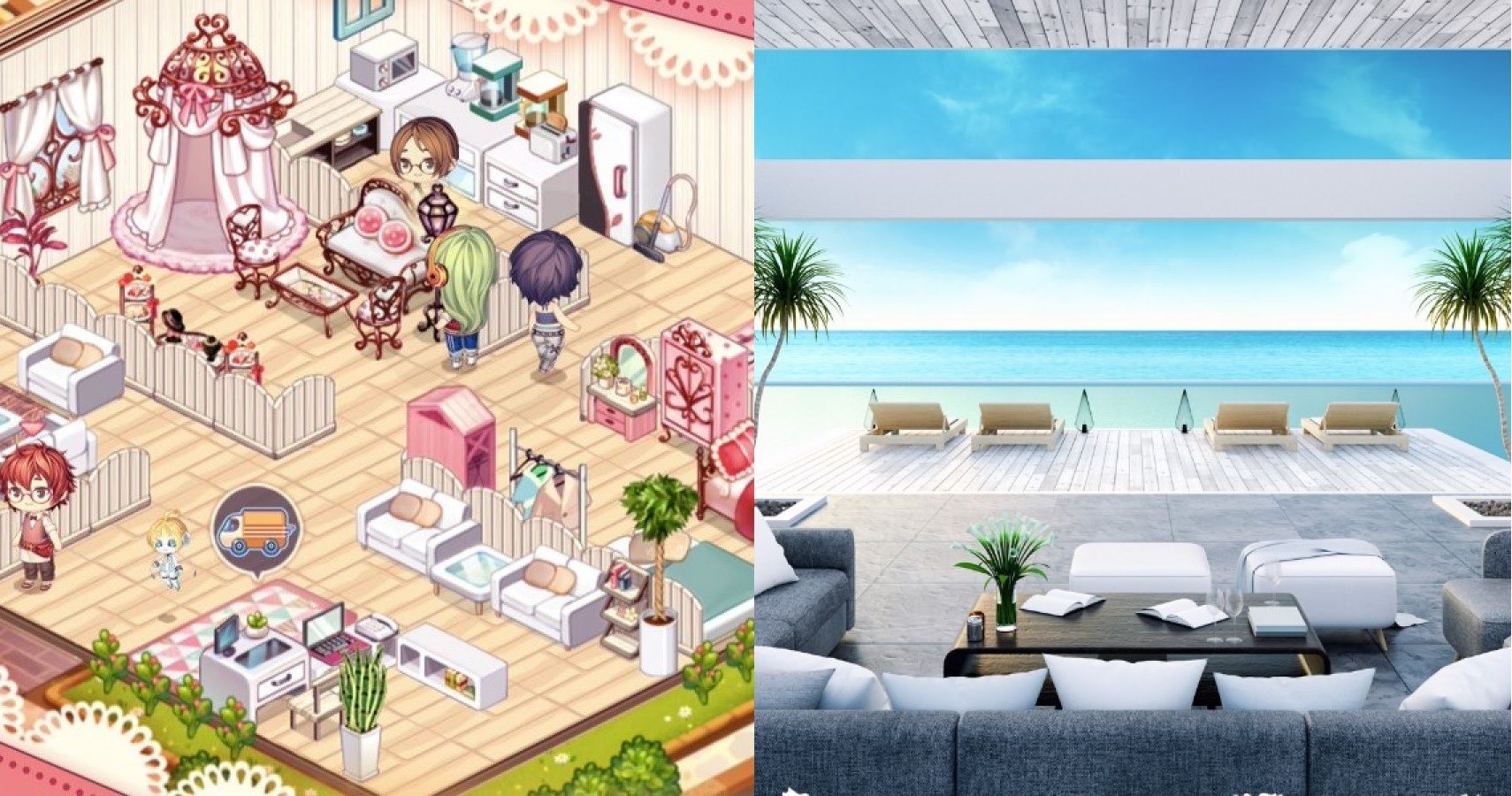The Allure of Dress-Up and Decorating Games

Dress-up and bedroom decorating games have captivated children and adults alike for generations, offering a delightful escape into a world of creativity and imagination. These games, often found on mobile devices, websites, and gaming consoles, provide a safe and engaging space for self-expression and exploration.
Popularity and Examples
These games appeal to a wide audience, particularly children, due to their simple yet engaging gameplay. They allow players to experiment with different styles, colors, and designs, fostering a sense of individuality and creativity. Popular examples of dress-up games include:
- Dress Up Games for Girls: This popular website features a vast collection of dress-up games, allowing players to create unique outfits for various characters and occasions.
- Barbie Dress Up: This series of games, often found on mobile devices and websites, allows players to customize Barbie’s outfits, hairstyles, and accessories.
- Star Stable Online: This online role-playing game allows players to create their own virtual horse and customize its appearance, as well as their character’s clothing and equipment.
Examples of bedroom decorating games include:
- My Home Design Dreams: This mobile game allows players to design and decorate their dream homes, choosing from a variety of furniture, colors, and décor.
- Home Design: Makeover: This game allows players to renovate and decorate homes, using their creativity to transform spaces into stunning interiors.
- House Flipper: This game allows players to purchase and renovate houses, from fixing up dilapidated properties to creating luxurious mansions.
Creative Expression and Exploration
Dress-up and decorating games provide a safe and non-judgmental environment for players to explore their creativity and express themselves. Players can experiment with different styles, colors, and designs without fear of criticism or judgment. This freedom of expression can be particularly empowering for children, who are often exploring their own identities and developing their personal style.
“Dress-up and decorating games provide a space for children to explore their creativity and express themselves without judgment, fostering a sense of self-confidence and individuality.”
These games also offer a sense of control and agency. Players can make choices about their virtual world, creating spaces that reflect their own tastes and preferences. This can be particularly empowering for children, who may not have as much control over their physical environment.
Exploring the Creative Possibilities
Dress-up and bedroom decorating games offer a unique platform for exploring creativity, encouraging players to express themselves through virtual design and fashion choices. These games provide a safe and engaging space to experiment with different styles, colors, and textures, fostering a sense of individuality and self-expression.
Innovative Game Mechanics and Features
Innovative game mechanics and features can significantly enhance the creative possibilities within dress-up and decorating games. These elements go beyond simply selecting pre-designed items and allow players to actively participate in the design process, making the experience more engaging and fulfilling.
- Customizable Textures and Patterns: Instead of offering limited pre-designed patterns, games can incorporate tools that allow players to create their own unique textures and patterns for walls, furniture, and clothing. This can be achieved through intuitive drawing tools, pattern generators, or even importing images from external sources.
- 3D Design and Manipulation: Integrating 3D design tools can allow players to manipulate objects in a more realistic environment. This can involve rotating, resizing, and positioning furniture and decor, creating a more immersive and personalized design experience.
- Interactive Lighting and Shadows: Incorporating dynamic lighting systems can add depth and realism to the virtual spaces. Players can experiment with different light sources, adjust their intensity, and observe how they affect the overall atmosphere and mood of the room.
- Collaborative Design: Introducing multiplayer features can allow players to collaborate on design projects, sharing ideas and working together to create unique spaces. This fosters a sense of community and encourages learning from others’ design choices.
Inspiring Real-Life Design Choices
The creative possibilities explored within dress-up and bedroom decorating games can have a positive impact on real-life design choices. By experimenting with different styles and aesthetics in a virtual environment, players can gain valuable insights into their personal preferences and develop a better understanding of design principles.
- Exploration of Personal Style: Dress-up games allow players to experiment with various fashion trends and styles, helping them identify their personal preferences and develop a unique sense of style. This exploration can translate into real-life fashion choices, leading to more confident and expressive personal wardrobes.
- Visualizing Space and Functionality: Bedroom decorating games encourage players to consider the layout, functionality, and aesthetics of a room. By virtually arranging furniture and decor, players can gain a better understanding of how to optimize space and create a comfortable and functional environment. This can be valuable when designing or decorating real-life spaces.
- Confidence in Experimentation: The virtual nature of these games provides a safe space to experiment with different design choices without fear of making costly mistakes. Players can freely explore different colors, textures, and layouts, gaining confidence in their design abilities and inspiring them to take similar risks in real-life settings.
The Impact of Dress-Up and Decorating Games: Dress Up Games Decorate Bedrooms

Dress-up and decorating games, though seemingly simple, hold the potential to significantly impact a child’s development. They provide a platform for creative expression, problem-solving, and social interaction, contributing to their overall growth.
Benefits for Creativity and Problem-Solving
These games offer a safe space for children to experiment with different styles, colors, and layouts, fostering their imagination and creativity. They can explore various combinations, create unique outfits, and design dream rooms, all without limitations or fear of judgment.
- Imagination and Creativity: Dress-up games encourage children to think outside the box and explore different scenarios. They can create stories around their virtual characters, designing outfits that reflect their personalities and emotions. This helps them develop their imagination and ability to think creatively.
- Problem-Solving Skills: Decorating games often involve solving puzzles or completing tasks within a limited budget. Children learn to strategize, prioritize, and make decisions, developing their critical thinking and problem-solving skills.
Benefits for Self-Esteem, Dress up games decorate bedrooms
Dress-up games can also contribute to a child’s self-esteem. By creating their own virtual characters and spaces, children can express themselves and experiment with different identities, leading to a greater sense of self-awareness and acceptance.
- Self-Expression: These games allow children to express themselves freely, without the fear of criticism or judgment. They can choose outfits and decor that reflect their individual tastes and preferences, helping them develop a stronger sense of self.
- Confidence Building: As children experiment with different styles and create their own unique looks, they gain confidence in their ability to make choices and express themselves. This can lead to increased self-esteem and a greater sense of empowerment.
The Role of Moderation
While these games offer many benefits, excessive screen time can have negative consequences. It’s crucial to encourage moderation and balance in screen time to ensure children’s physical and mental well-being.
- Potential Downsides of Excessive Screen Time: Too much screen time can lead to physical health issues like eye strain, sleep problems, and decreased physical activity. It can also impact social interaction and cognitive development.
- Importance of Moderation: Setting screen time limits, encouraging outdoor play, and engaging in other activities like reading, drawing, and socializing can help children develop healthy habits and maintain a balanced lifestyle.
Social Interaction and Community Building
Many dress-up and decorating games offer online communities where players can share their creations, compete in challenges, and interact with others. This can foster social interaction and community building, providing opportunities for children to connect with others who share similar interests.
- Online Communities: These games often feature online communities where players can connect, share their creations, and participate in challenges. This can foster a sense of belonging and provide opportunities for social interaction.
- Community Building: By interacting with other players, children can learn to collaborate, communicate effectively, and develop social skills. This can be especially beneficial for children who are shy or have difficulty making friends in real life.
